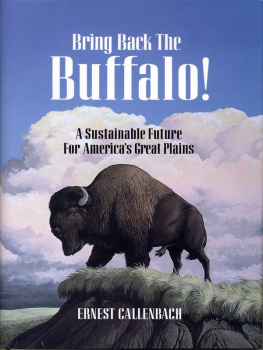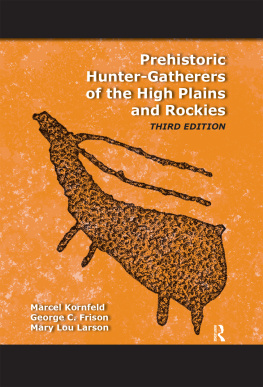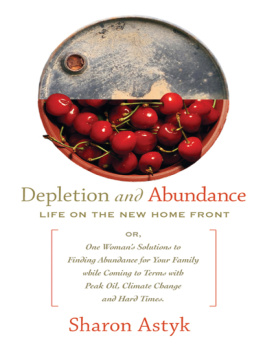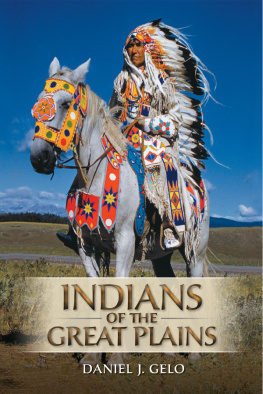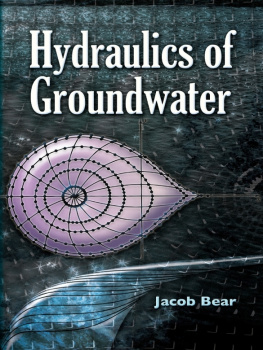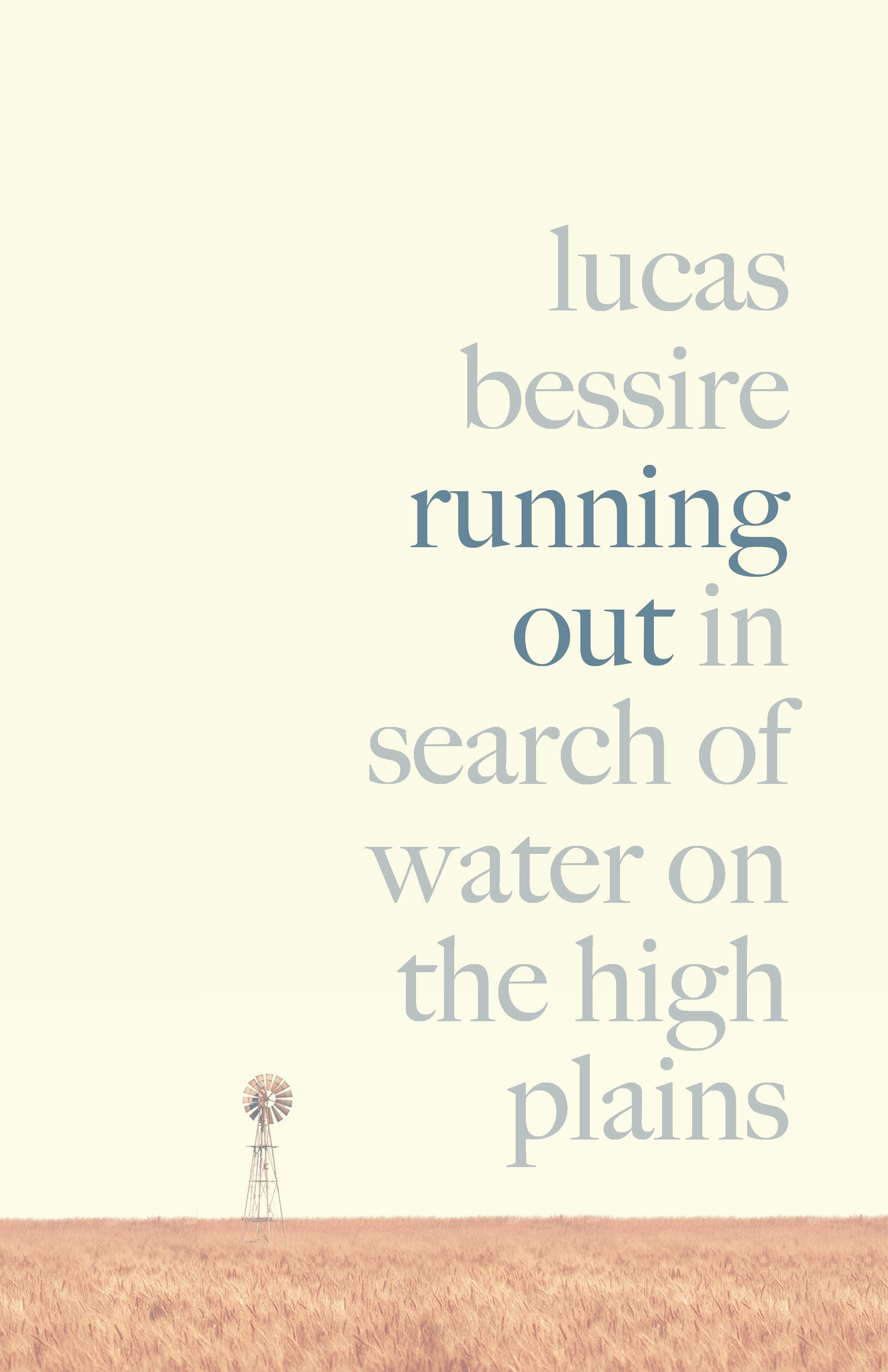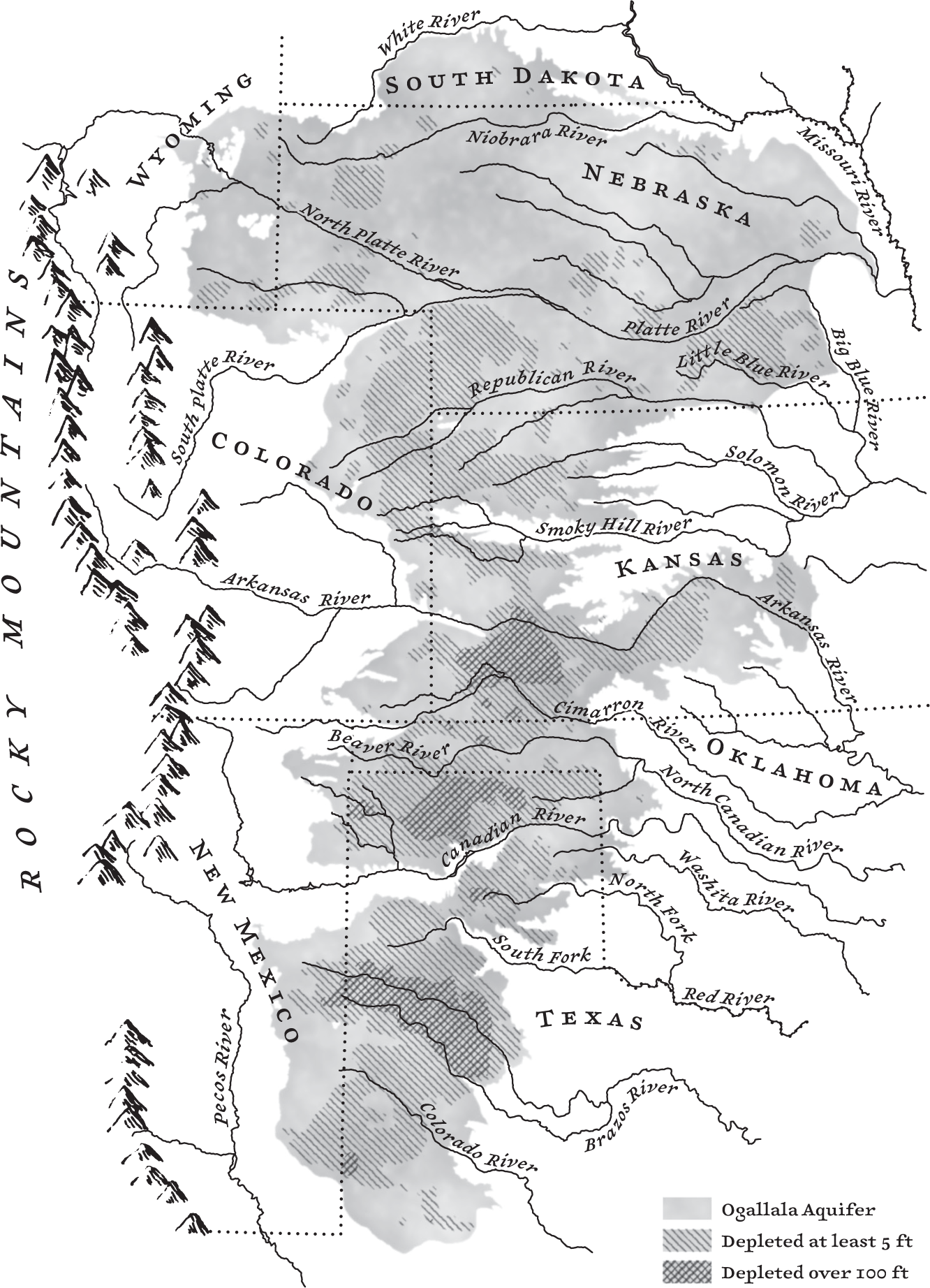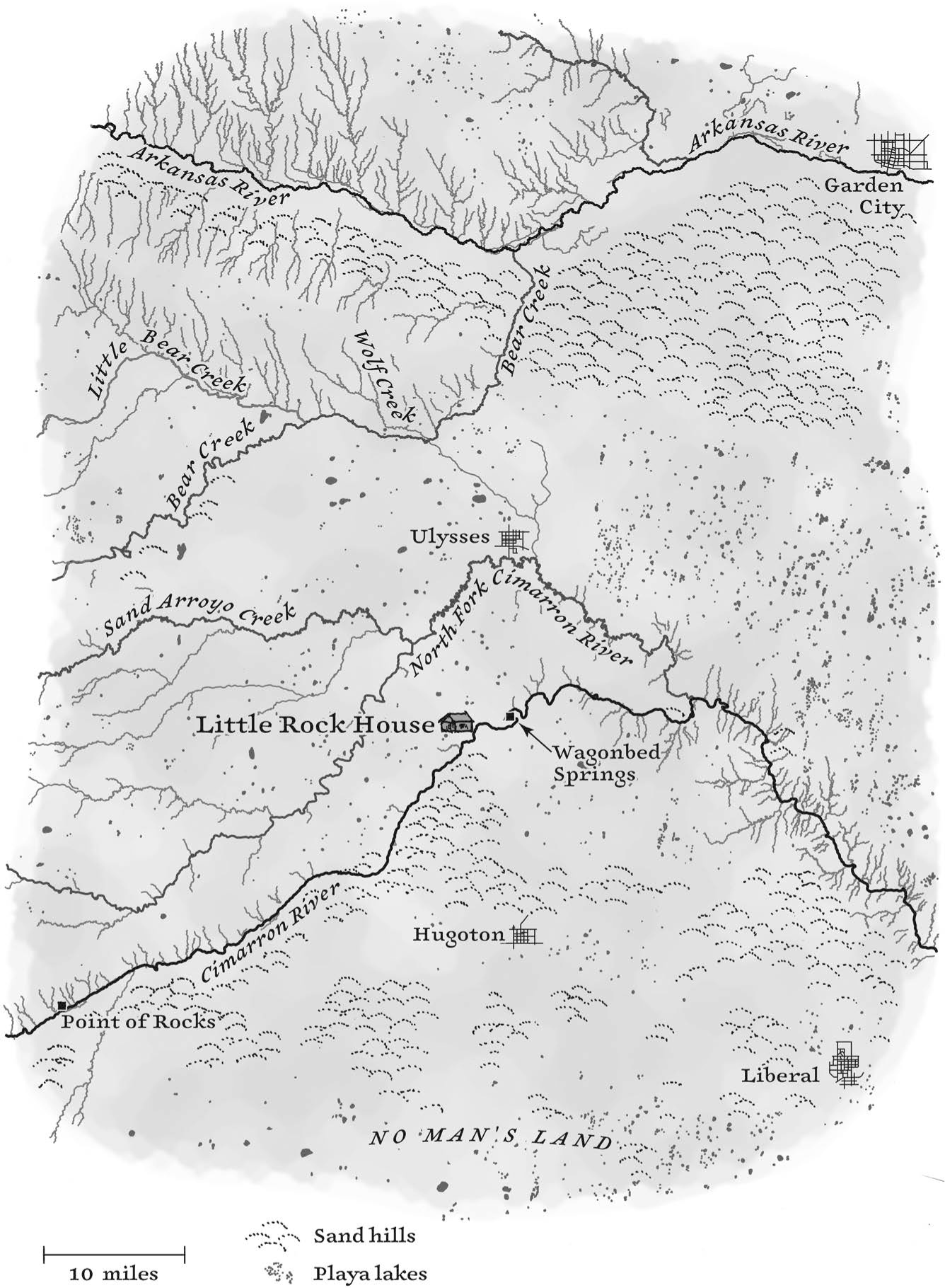NOTE TO THE READER
The Ogallala aquifer underlies a vast expanse of Americas heartlands. It was created by ancient seas buried when the western mountains began to rise at the dawn of time. Under the waters are the bedrocks of genesis. Over them sediments from a million years of wind mingle with the elemental forms of lives past and future. The deep waters are the fulcrum, the mystery, the source. Within them are traced all possibilities.
For ages the waters lay covered by earth. They rested, deep and cold, beyond human design. It took less than eighty years for settlers like my great-grandfather to pump most of the groundwater to the surface. Moisture sucked from Ogallala sands fueled a feverish transformation of the Plains. The lines of industrial agribusiness covered the land and drained its secrets. Today, the Ogallala aquifer supports around one-sixth of the worlds annual grain produce. Withdrawals from the aquifer depths account for one-third of all irrigation in the United States. Almost all of the groundwater is used for irrigating industrially raised crops. The aquifer, however, has long been unable to keep up with the demands, as most areas recharge far more slowly than the water is pumped out. Overuse has taxed the larger High Plains aquifer system beyond repair. Now the timeless groundwaters are running dry. This book addresses the depletion of the aquifer, in all of its complexity and incoherence.
The future of Plains society hangs in the balance. The stakes run deeper than that. Depletion condenses the most urgent conundrums of our times into a single drama. On the High Plains, it blurs the boundaries between the planetary and the personal. In my case, it requires confronting my complicity in the present. The following account is my attempt to reckon with what I find intolerable about the world at a moment when it feels as though something vital is running out. It recounts a search for sustenance among destructions seemingly intractable roots. The search began in 2016, with a two-year journey back to my ancestral homelands in southwest Kansas.
These returns brought me face to face with the personal registers of depletion as well as its systemic determinants. But I soon learned depletion is not so easy to grasp. It never appeared where or how I expected. Depletion is more than the sum of its apparent parts. It is most elusive in the places it should be most obvious. And it is most clearly articulated when it remains implicit. Its irrationality germinates beneath the surface of seemingly unrelated events. As such, it is most accurately perceived sidelong, from the corner of the minds eye. It begins and ends as an intimate language passed down over generations.
Among other things, this means many scholarly analyses miss the point. In trying to make sense of depletion, most explanations focus on only one of its many contradictory facets: management, science, technology, belief, historical antecedents, and so on. In doing so, they are unable to convey the beating heart of the issue, let alone alter its rhythms. Depletion always exceeds any single narrative of it. This creates a paradox. Many academic attempts to model, chart, or systematize its causes and effects lend momentum to the expenditure they aim to protest and then end up depleted, too. Best-selling literary narratives that reduce rural personhood to flattened stereotypes and the predictable plot lines of characters known in advance are even worse. How, then, can we account for the overwhelming crises of the contemporary?
Depletion requires its own genre to approximate. This book aims to contribute to such a genre. The structure and content reflect this aim. The narrative approaches its object of analysis by conjuring its form. Like an aquifer, the account is composed of many sediments. Each granular piece evokes a distinct way that depletion is inhabited and the minor potentials for recharge it may hold. The sediments are vertically stacked in layers. They are patchy and unevenly spread. Repetitive themes run between them: memory and amnesia, homelands and exile, holding on and letting go. At times, the layers flow together and connect. At others, they are interrupted and blocked. This pattern of blockage and flow constitutes the books conceptual argument.
I leave theoretical exposition for other venues. My concern here is to write as closely as possible to the core of an urgent and inchoate problem. That means trying to gesture to the range of apparently disconnected elements that drive aquifer depletion and tie it to other domains of loss and resilience. These elements are at such odds with one another that they wildly exceed any singular analytic register or voice. Pinning down one dynamic allows others to proliferate or expand. It is this contradictory nature that defines depletion as a lived experience and makes it such a perplexing challenge to understand. In what follows, I attempt to invoke how these oppositional elements are held in generative tension in order to subvert narrow accounts of environmental loss and gesture to more sustainable ways ahead.
This allows the books central question to surface: How can we take responsibility for the future we are now making? It has taken me a long time to realize how prior choices are calcified in depletive substrates that, in turn, exert real force on peoples lives. These choices condition our possibilities for finding common ground amid partisan divides, interpretive failures, and eroding democracies. Decisions now being made around the aquifer will delimit future lives in turn, whether we admit it or not. Taking responsibility for what we will leave behind is the books motive, challenge, burden, and central pivot.
It is obvious that there are no quick fixes. Readers hoping for an easy solution or clear through line will be disappointed. The malaise runs deep. Any pursuit of the aquifer crisis means jettisoning much taken-for-granted common sense about people and politics. It requires drilling down through residues of destruction into the mythic masks of the American frontier and back up to the surface where the waters evaporate into mirages that hover at horizons edge. The following account commits to these mirages not to dispel them but to more viscerally convey their illusory realities. That means it is equal parts analysis of complicity, elegy for a dry future, unreliable witness, handful of rubble, charter of resilience, and portrait of a lost homeland pieced together from dreams. Through its incomplete imagery I reach out to the ghosts of my ancestors and to the generations to come.


